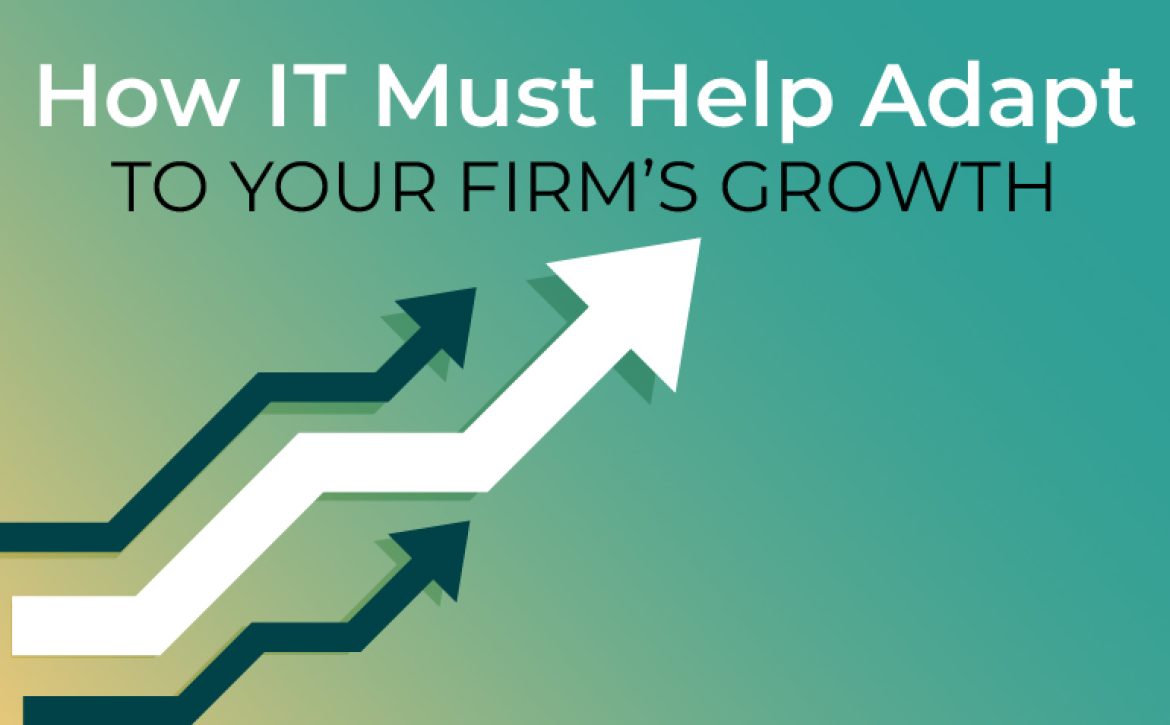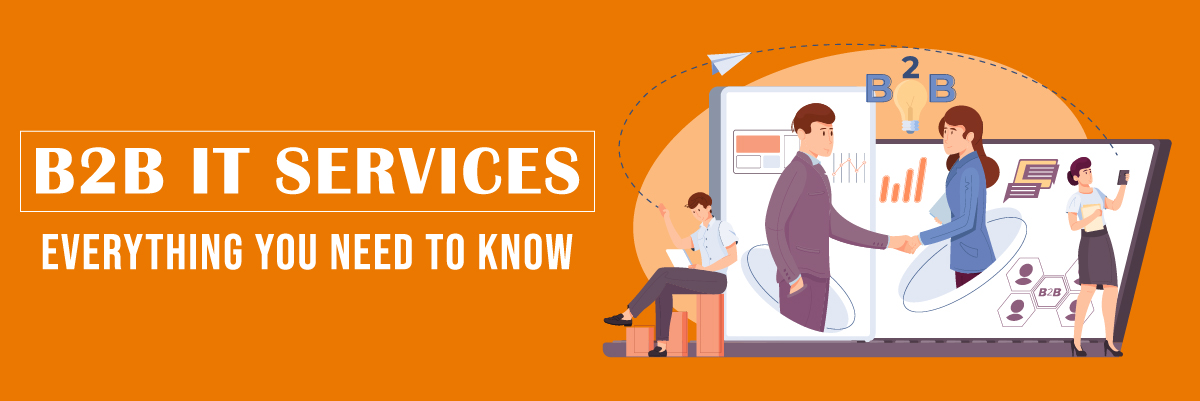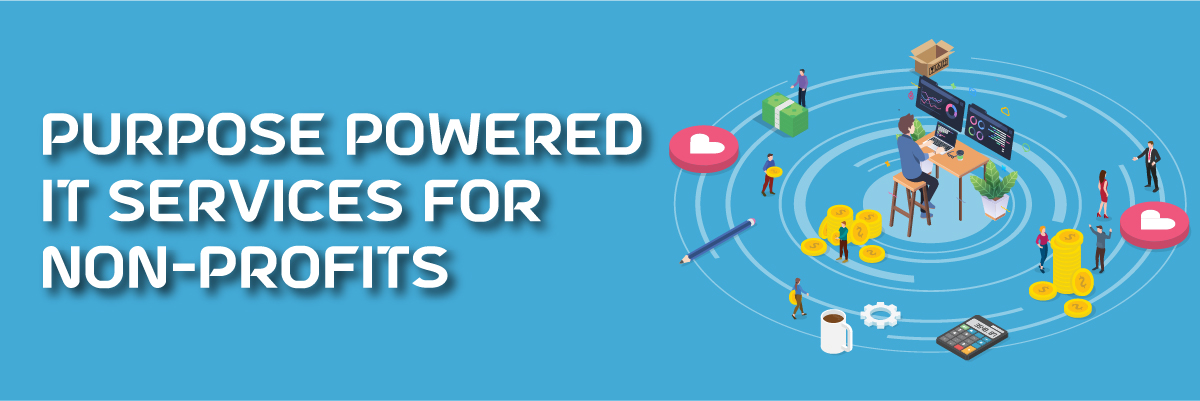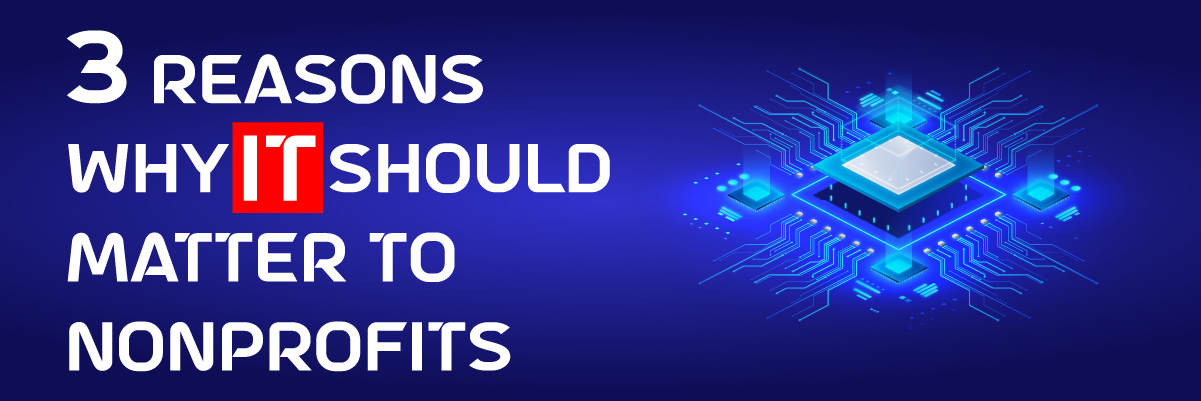How IT Must Help Adapt to Your Firm’s Growth

How IT Must Help Adapt to Your Firm’s Growth
As your business grows, so must your IT infrastructure. Growth brings new opportunities but also challenges, including increased operational complexity, data security concerns, and scalability needs. A well-aligned IT strategy ensures smooth expansion, minimizes downtime and enhances productivity. This is where a Managed Service Provider (MSP) like Protected Harbor plays a critical role in helping your firm adapt to changing demands while staying efficient, secure, and cost-effective. In this blog, we’ll explore how IT must help adapt to your firm’s growth.
1. Scalability and Flexibility
Growth often leads to a surge in data, user activity, and software demands. Without a scalable IT infrastructure, businesses risk performance bottlenecks that can slow operations and affect customer satisfaction.
Protected Harbor offers scalable solutions, including Infrastructure as a Service (IaaS) and Desktop as a Service (DaaS), allowing businesses to adjust resources dynamically. Cloud computing, virtualization, and software-defined networking ensure that as your company grows, your IT environment can seamlessly scale without requiring extensive hardware investments.
2. Enhanced Security Measures
With expansion comes an increased risk of cyber threats. A growing business is an attractive target for hackers, making robust security measures essential. Protected Harbor’s Managed Security Services adopt a zero-trust approach, multi-factor authentication (MFA), endpoint protection, and continuous network monitoring to detect and prevent security breaches before they can cause damage.
Data compliance is also a concern as businesses expand. Whether handling financial data, healthcare records, or customer information, staying compliant with industry regulations such as HIPAA, GDPR, and SOC 2 is crucial. Protected Harbor ensures that your IT security aligns with these requirements, protecting your business from legal and financial risks.
3. Proactive IT Support and Maintenance
Growing businesses cannot afford IT downtime, as it can result in revenue losses and operational disruptions. Unlike traditional break-fix models, proactive IT support focuses on continuous monitoring and preventive maintenance to identify and resolve issues before they impact business operations.
Protected Harbor’s 24/7/365 IT help desk ensures that businesses receive timely technical assistance. With automated system monitoring and predictive analytics, potential failures are addressed proactively, reducing downtime and maintaining optimal system performance.

4. Cost Management and Budget Optimization
Scaling a business often leads to increased IT costs. However, investing in cloud-based infrastructure and managed services can significantly reduce expenses. Protected Harbor provides cost-effective solutions such as private cloud deployments, which can reduce IT expenses by over 30% compared to public cloud providers.
Additionally, our transparent pricing models eliminate unexpected costs, ensuring businesses pay only for the resources they need. With strategic IT planning, companies can allocate budgets effectively while avoiding unnecessary expenditures.
5. Strategic IT Planning for Long-Term Growth
Aligning IT infrastructure with business objectives is crucial for sustainable growth. Many businesses struggle with outdated technology, which hinders their ability to compete effectively. Protected Harbor offers strategic IT consulting, helping businesses create a roadmap that includes cloud migration, digital transformation, and automation strategies to future-proof their operations.
Through Technology Improvement Plans (TIPs), we assess current IT capabilities, identify gaps, and implement solutions that align with long-term business goals. Whether it’s migrating legacy systems to the cloud or integrating AI-powered tools, strategic IT planning ensures that technology evolves alongside your business.
6. Leveraging AI and Automation
As businesses grow, manual processes become inefficient. Artificial Intelligence (AI) and automation play a crucial role in streamlining operations, improving decision-making, and enhancing customer experiences.
Protected Harbor integrates AI-driven analytics, automated IT management, and intelligent threat detection to optimize IT operations. From predictive maintenance to automated compliance checks, AI-powered solutions help businesses operate more efficiently, saving time and resources.
Conclusion
Adapting your IT infrastructure to business growth is about more than just adding new hardware and software. It requires a strategic approach to scalability, security, cost management, and innovation. By partnering with a trusted MSP like Protected Harbor, businesses can ensure their IT systems are robust, secure, and ready to support continued expansion.
At Protected Harbor, we specialize in delivering customized IT solutions that grow with your business. Whether you need enhanced security, 24/7 support, or cost-effective cloud solutions, we’re here to help.
Is your IT infrastructure ready to support your company’s growth? Don’t let outdated technology hold you back. Contact Protected Harbor today for a free IT assessment and discover how we can help your business scale efficiently and securely.








 Cybersecurity
Cybersecurity

 Increased Efficiency
Increased Efficiency



 Having a business partner brings a lot of benefits. Companies can work better by finding someone with the same visions and goals. Starting a business and running it is never an easy task. Small business owners across all industries, including the IT field, know the importance of partnership. They have to manage everything from setting up infrastructure, maintenance to customer services and security.
Having a business partner brings a lot of benefits. Companies can work better by finding someone with the same visions and goals. Starting a business and running it is never an easy task. Small business owners across all industries, including the IT field, know the importance of partnership. They have to manage everything from setting up infrastructure, maintenance to customer services and security.